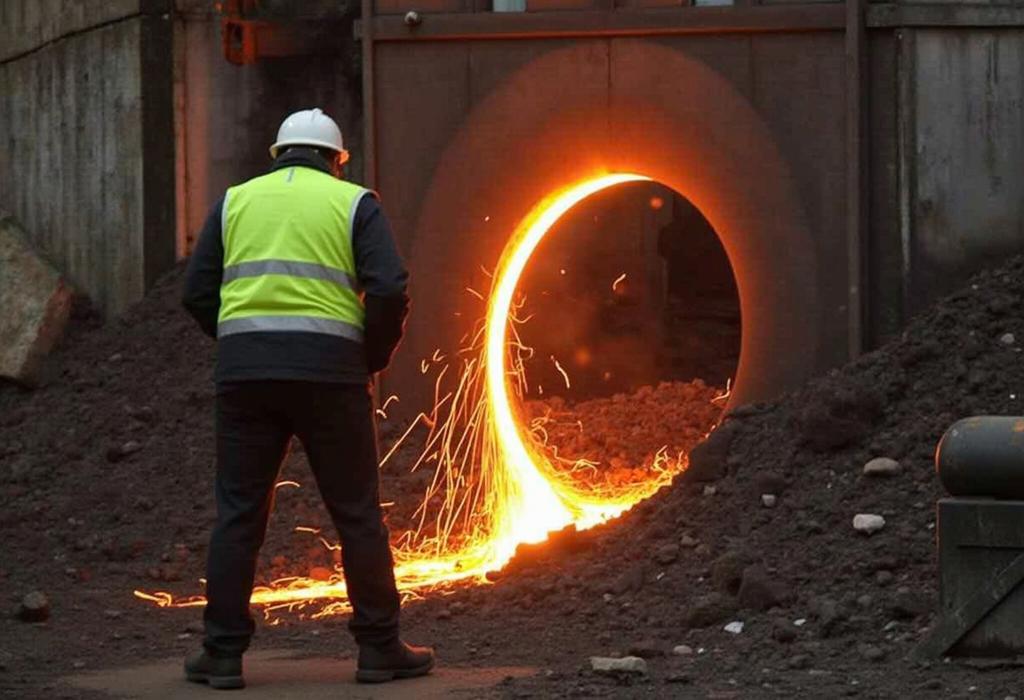In a significant move reflecting the UK's precarious industrial landscape, the British Parliament is set to reconvene on Saturday to discuss emergency legislation aimed at placing British Steel under state control. This legislative response comes in light of Chinese owner Jingye's alarming announcement last month regarding potential closures at its Scunthorpe site, a decision that jeopardizes approximately 3,000 jobs. The urgency of the situation has prompted MPs to interrupt their Easter recess and convene to ensure the continued operation of the Scunthorpe blast furnaces, underscoring the government's commitment to safeguarding employment and the steel industry as a whole.
This emergency session indicates the gravity with which the UK government perceives the looming crisis in its steel sector, as Jingye's initial resistance to a UK government offer of £500 million highlights the escalating tensions between foreign ownership and national interests. The introduction of the Steel Industry (Special Measures) Bill will provide the UK government with sweeping powers to direct steel companies in England, aiming to stabilize not just jobs, but also maintain domestic capability in steel production amidst rising global trade uncertainties.
Commentary highlights the complexity of balancing economic stability with global dependencies, especially as the UK grapples with the reality of potentially becoming the only major G7 economy unable to produce virgin steel. As the country shifts towards a greener future with aims of transitioning to electric arc furnaces, the necessary investments lay heavy on the government's shoulders. Critics argue that the government's willingness to shower funding without stringent conditions may set a dangerous precedent, questioning the level of commitment from Jingye, who reportedly is also looking to position Chinese workers to fill roles.
Moreover, this situation exposes the inefficiency of the current industrial strategy, which, despite substantial backing, appears to lack a coherent vision for sustaining primary steelmaking in Britain. Navigating this issue requires a meticulous approach, one that does not merely stave off immediate job losses but also solidifies the UK’s industrial sovereignty in an increasingly competitive landscape. Potential nationalization of British Steel, while fraught with financial implications, could instigate necessary policy changes that address the structural issues making UK steel less competitive on a global scale.
In sum, the unfolding circumstances surrounding British Steel could serve as a litmus test for the UK government’s ability to balance foreign investment interests with national industrial priorities, demanding urgent attention and strategic foresight for the future.
AD
AD
AD
AD
Bias Analysis
Bias Score:
45/100
Neutral
Biased
This news has been analyzed from 13 different sources.
Bias Assessment: The news coverage presents a balanced view of the emergency legislation regarding British Steel, highlighting both the government's intentions and the challenges posed by foreign ownership. However, the tone implies an urgency that may lead readers to feel a sense of impending crisis without providing a comprehensive view of the company's previous performance or the responses from Jingye. This creates an impression of partiality towards the necessity of government intervention, rather than presenting a neutral report of events.
Key Questions About This Article




